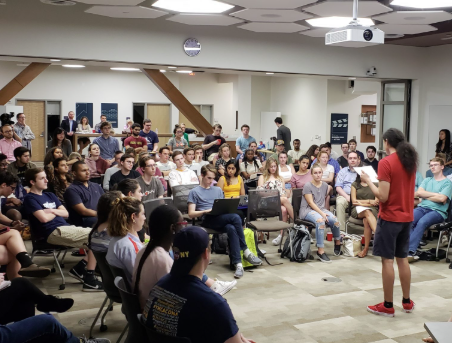Debate teams are more than just extracurricular activities; they play a significant role in enriching the academic experience and fostering engagement within higher learning environments. Participation in debate cultivates skills in research, public speaking, critical thinking, and collaboration—all essential elements for student success in college and beyond.
Enhancing Communication and Argumentation Skills
One of the most immediate benefits of joining a debate team is the improvement in verbal communication. Students learn how to present ideas clearly, listen actively, and respond thoughtfully. These skills translate well to classroom discussions, presentations, and future professional environments.
Fostering Critical Thinking and Research Abilities
Debate participants regularly examine complex topics from multiple perspectives. This process demands rigorous research, fact-checking, and logical reasoning. As a result, students develop stronger analytical skills and become more adept at constructing evidence-based arguments, which are critical in many fields of study.
Building Confidence and Leadership
Speaking in front of an audience can be daunting, but debate helps students overcome these fears. Regular practice boosts self-confidence and encourages leadership development. Students often take on roles such as team captains or event organizers, giving them valuable experience in managing group dynamics and mentoring peers.
Creating a Culture of Engagement
Debate teams contribute to a vibrant campus culture by encouraging students to participate in current events and social issues. Tournaments and public debates draw attention to relevant topics, promoting awareness and discussion throughout the academic community. This culture of engagement supports active learning and civic responsibility.
Encouraging Collaboration and Teamwork
While debate may seem competitive, it relies heavily on teamwork. Partners must work closely to prepare their cases, anticipate counterarguments, and support each other during rounds. These cooperative experiences strengthen interpersonal skills and foster a sense of community.
Complementing Academic Learning
Debate activities often align with classroom learning, particularly in disciplines like political science, history, philosophy, and communication studies. Faculty may also integrate debate topics into coursework or sponsor teams, reinforcing the connection between debate and academic enrichment.
Conclusion
Debate teams provide a dynamic platform for student development in higher education. By improving communication, enhancing research and critical thinking, and nurturing confidence, debate helps students become more engaged and prepared for future challenges. Institutions that support and promote debate programs foster an environment where active learning and thoughtful discourse thrive.













